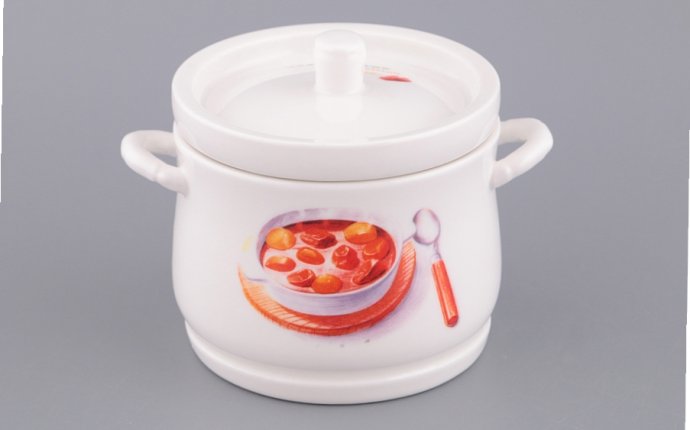
Suppliers In Restaurant Business
Any owner of a restaurant business is aware of the endless process of proceedings, predatory actions and claims between the two parties: suppliers and historicalists. Suppliers are screaming about the restaurant's not paying. Restorators, for their part, claim that suppliers are slowing their work and often failing. The dream of each retortor is a good supplier. The supplier's dream is a good recorder. Are they supposed to meet in the modern restaurant market?
If we look back in the past, retortors and suppliers have been most often in " emergency relationships " . The company turned under the hand of the retortor, he made one-time purchases and then forgot about it. Modern, respectful, retortortors want stability with suppliers. The strategic direction of this relationship is not only for food, but also for furniture, equipment, dishes, software, etc. Therefore, large and stable retortors are, respectively, attracting partners from large trading companies. And those in turn are more interested in dealing with restaurant or café networks.
Some reviewers who consider themselves to be experienced will recommend buying from different suppliers, based on the principle of " where cheaper " . At the same time, the low price of produce implies poor quality. Having tried the goods in the O.R. process, it's too late to do something. And if there's any detail that breaks, and when you go to the supplier firm for repairs, you'll suddenly be in front of the fact that the company's service is not available. Reasons are simple: a poor quality product is not useful for repair. I mean, you only have to hand it over to the scrap metal. Don't try to save your quality. You'd better catch shares of sale and discounts from known companies, and it's really going to make a profit from savings.
♪ restaurant Suppliers can be divided into two groups: those who supply food to restaurants and those who supply all other necessary products. It is logical to assume that both sides, both the retortor and the supplier, should help each other survive. But life examples are very different.
In fact, there's little confidence. Suppliers mostly try to sell you the stuff they have in their warehouses. Either way, it'll make you profit or not.
To do the right thing, you need to consult with the chef or the manager, that is, the man who knows the restaurant business. But some retortors, trying to save on it, hire a professional. ♪ ♪









